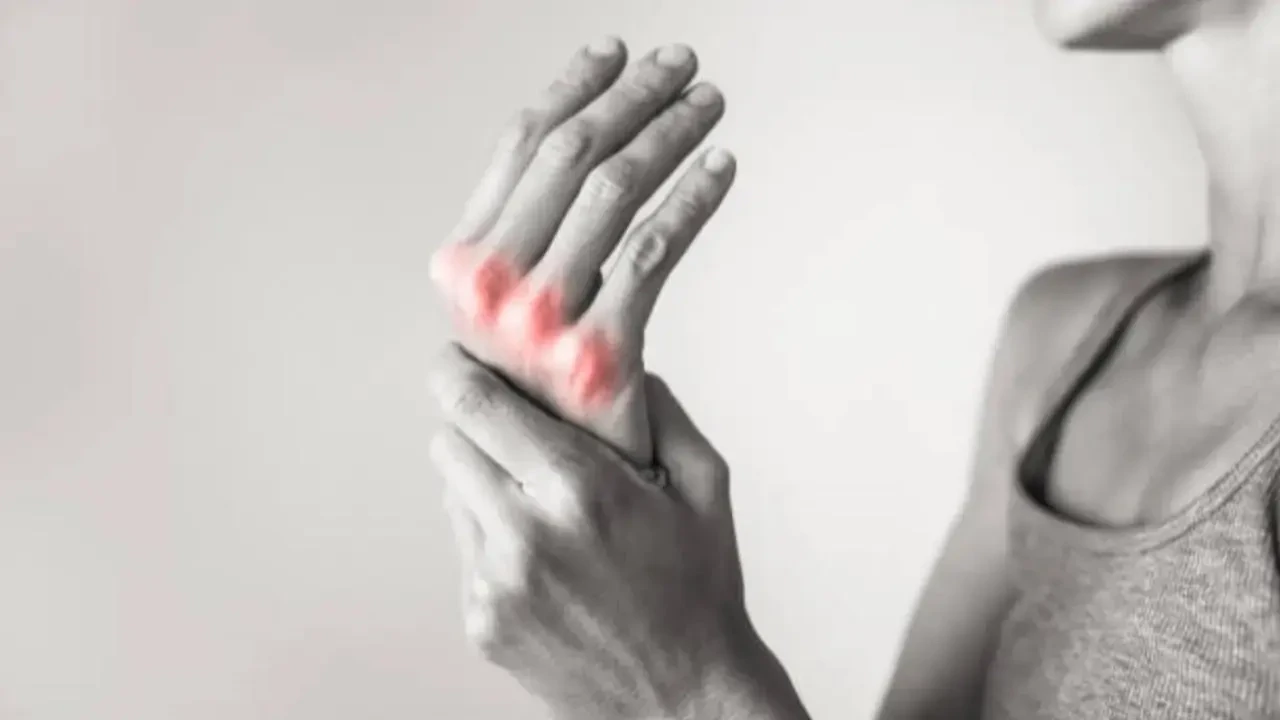Psoriasis, the autoimmune skin condition, can also affect the joints, leading to psoriatic arthritis, which may cause severe joint damage if not diagnosed and treated on time, warn experts.
Psoriasis causes inflammation in the skin, resulting in dry, itchy, scaly patches, primarily on the scalp, elbows, knees, or lower back. This happend because the body’s immune system becomes overactive, causing an overproduction of skin cells.
However, in some people, the same immune reaction also attacks the joints, leading to psoriatic arthritis.
Speaking on the condition, Dr Shafiuddin Nadvi, orthopedic surgeon at Apollo Spectra Hospital in Mumbai, states, “Psoriatic arthritis is often missed or misdiagnosed because patients assume their joint pain is unrelated to their skin condition. Three in 10 patients aged 35-65 diagnosed with psoriasis come with the complaints of joint pain and have the chance of suffering from psoriatic arthritis.”
Symptoms of psoriatic arthritis
If not diagnosed and treated early, psoriatic arthritis can lead to various health complications.
“It is a progressive condition, and without timely treatment, there will be severe joint damage and dependence on family members for doing daily activities,” says Dr Srisanat Rao, joint and hip replacement surgeon at Zynova Shalby Hospital in Mumbai.
The condition may also lead to joint deformities or permanent stiffness. Given its severity, it is essential to watch out for symptoms of psoriatic arthritis.
“The symptoms experienced can be joint pain, especially in fingers, toes, knees, or ankles, morning stiffness that lasts more than 20 minutes, swelling of fingers and toes, fatigue, and reduced range of motion,” informs Dr Nadvi.
Management of psoriatic arthritis
Early intervention is key to managing the condition. Proper medication, lifestyle changes, and physiotherapy can help prevent long-term complications.
“Treatment includes anti-inflammatory medication, disease-modifying drugs (DMARDs), and biologics that help slow joint damage. Regular exercise, joint-friendly movement, stress management, and a balanced diet can also help reduce flare-ups,” shares Dr Nadvi.
Dr Rao adds, “Regular monitoring and timely management can help preserve joint function and improve the quality of life of patients. Psoriasis patients should follow the guidelines given by the doctor.”
The health experts stress that regular screenings for joint symptoms are essential to catch the condition early.
